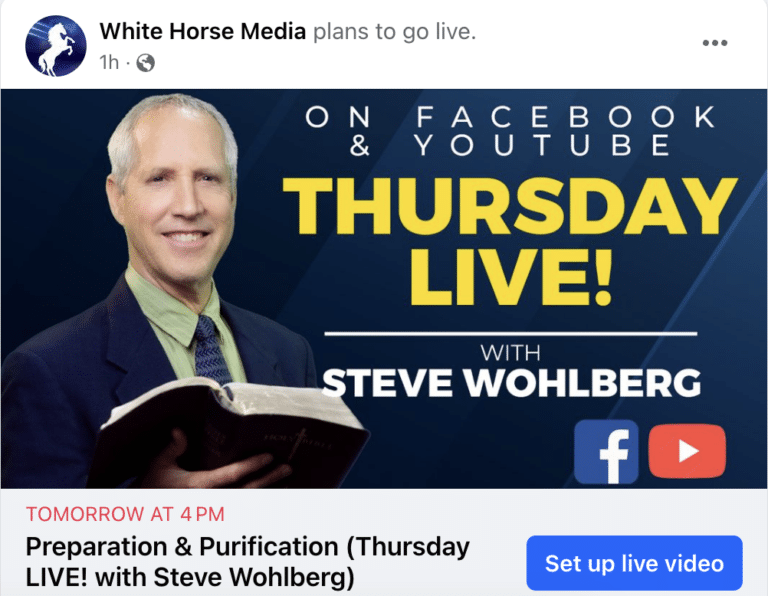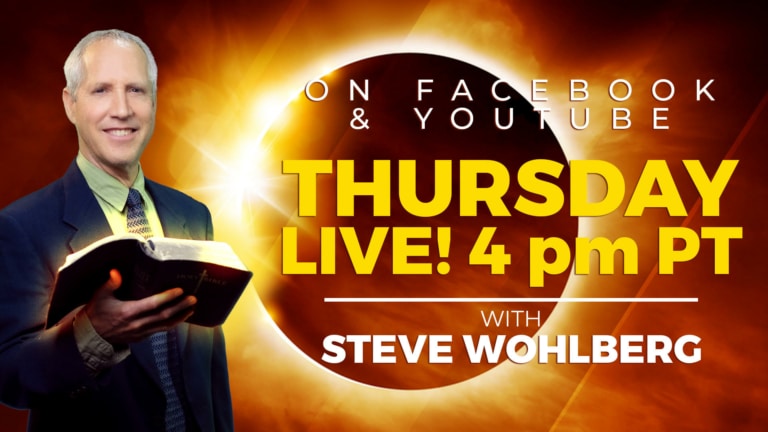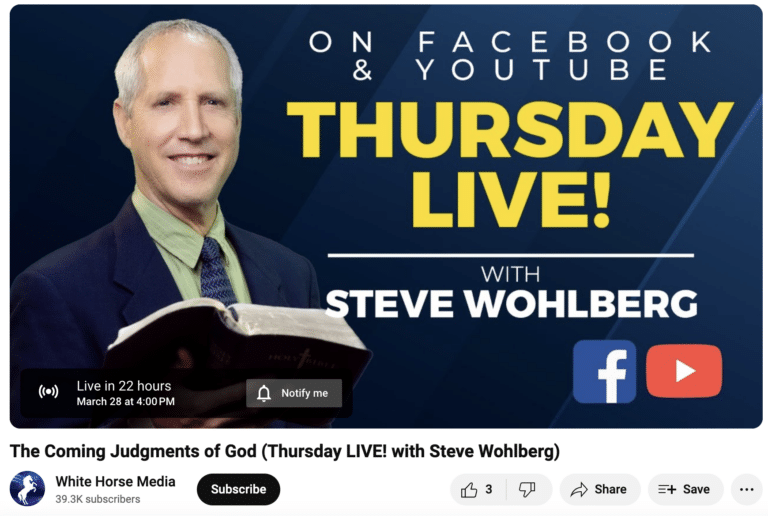Between Christ and the Pharisees: The Sabbath became a sore point of contention between Jesus Christ and the Pharisees; yet the issue was not what day is the Sabbath, but rather how it should be kept. The scribes and Pharisees invented many heavy and burdensome religious rules, including strict Sabbath requirements, and laid them “on men’s shoulders” (Matthew 23:4). Jesus rebuked them for “teaching for doctrines the commandments of men.” Matthew 15:9.
Jesus kept the Sabbath (see Luke 4:16), but He did not follow the unreasonable rules of the Pharisees. One Pharisaic rule was: “No healing on the Sabbath.” Jesus ignored this heartless “rule” by healing the sick during the Sabbath hours (see John 5:1-9; Mark 1:21-27; etc). By so doing, our Lord revealed His Divinity, His power over sickness and Satan, and that the Sabbath was originally ordained by God to be a blessing to man, not a curse. In one instance, “the ruler of the synagogue” became angry “because Jesus healed [a woman] on the Sabbath day.” Luke 13:14. Jesus countered, “Ought not this woman, being a daughter of Abraham, whom Satan hath bound, lo, these eighteen years, be loosed from this bond on the Sabbath day?” Luke 13:16. Because of His Sabbath healings, “Therefore the Jews sought the more to kill him, because he not only broke the Sabbath, but also said God was his Father, making himself equal with God.” John 5:18. First, Jesus is “equal with God” (see Phil. 2:6), thus this was no valid reason to seek His death; and second, Jesus never “broke the Sabbath” (see John 15:10), but only the Pharisees’ rules.If Jesus really “broke the Sabbath,” He would have sinned, and thus His sacrifice on the cross would not have been perfect. But Jesus “committed no sin” (see 1 Peter 2:22).
When Christ’s disciples plucked and nibbled grain while walking to a synagogue one Sabbath morning, the Pharisees accused them of doing “that which is not lawful to do on the Sabbath day.” Mat. 12:1. But Jesus defended His disciples, pronounced them “guiltless,” and defined their acts as “lawful … on the Sabbath” (Mat. 12:7, 12); that is, in harmony with the fourth commandment. Another time Christ declared, “The Sabbath was made for man, and not man for the Sabbath: Therefore the Son of man is Lord also of the Sabbath day.” Mark 2:27, 28. Here Jesus pointed back to Creation Week. Man was made on the sixth day (see Gen. 1:26, 31), and “the Sabbath was made” on “the seventh day” to be a blessing to man. Gen. 2:1?3. Those Pharisees had changed creation’s order by putting the Sabbath first above the needs of man. (Is it right to change the order again by making the “first day of the week” a new Sabbath?). Jesus then said He was ” Lord also of the Sabbath day .” This means that He is the true “Lord” who made the world in six days and rested on the seventh day (see Ex. 20:11). Thus the Sabbath is, biblically speaking, “the Lord’s day.” See Revelation 1:10. Jesus made the day, and He knows how to keep it. It was not wrong for Him to heal the sick and to meet human needs on His Holy Day.
In the New Testament Church: The Sabbath was a non-issue in the New Testament Church. There was no controversy over it in the book of Acts or in any of the epistles. If the weekly Sabbath, observed for over 1000 years by Jews, had been changed or abolished, there would have been much discussion about this by the New Testament Church. But there was none. The early Christians kept the Sabbath. Acts 13:12, 42-44; 16:13; etc. (see our “Sabbath Facts in the Book of Acts” article).
For more information, read Truth Left Behind by Steve Wohlberg, Sunday: The Origin of Its Observance in the Christian Church, by E.J. Wagonner, or watch the fascinating 5-part TV documentary, The Seventh-day: Revelations from the Lost Pages of History, produced by LLT Productions. All three are now available from White Horse Media. www.whitehorsemedia.com. 1-800-78-BIBLE.






